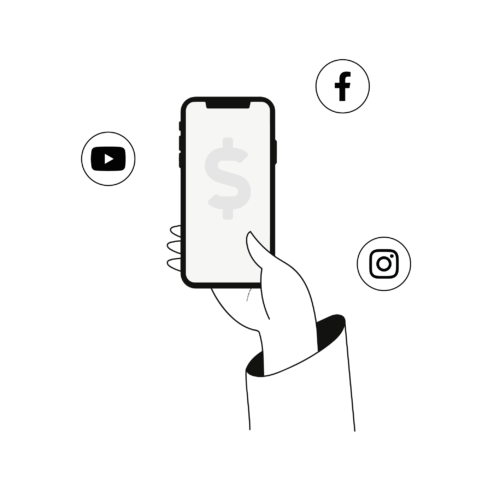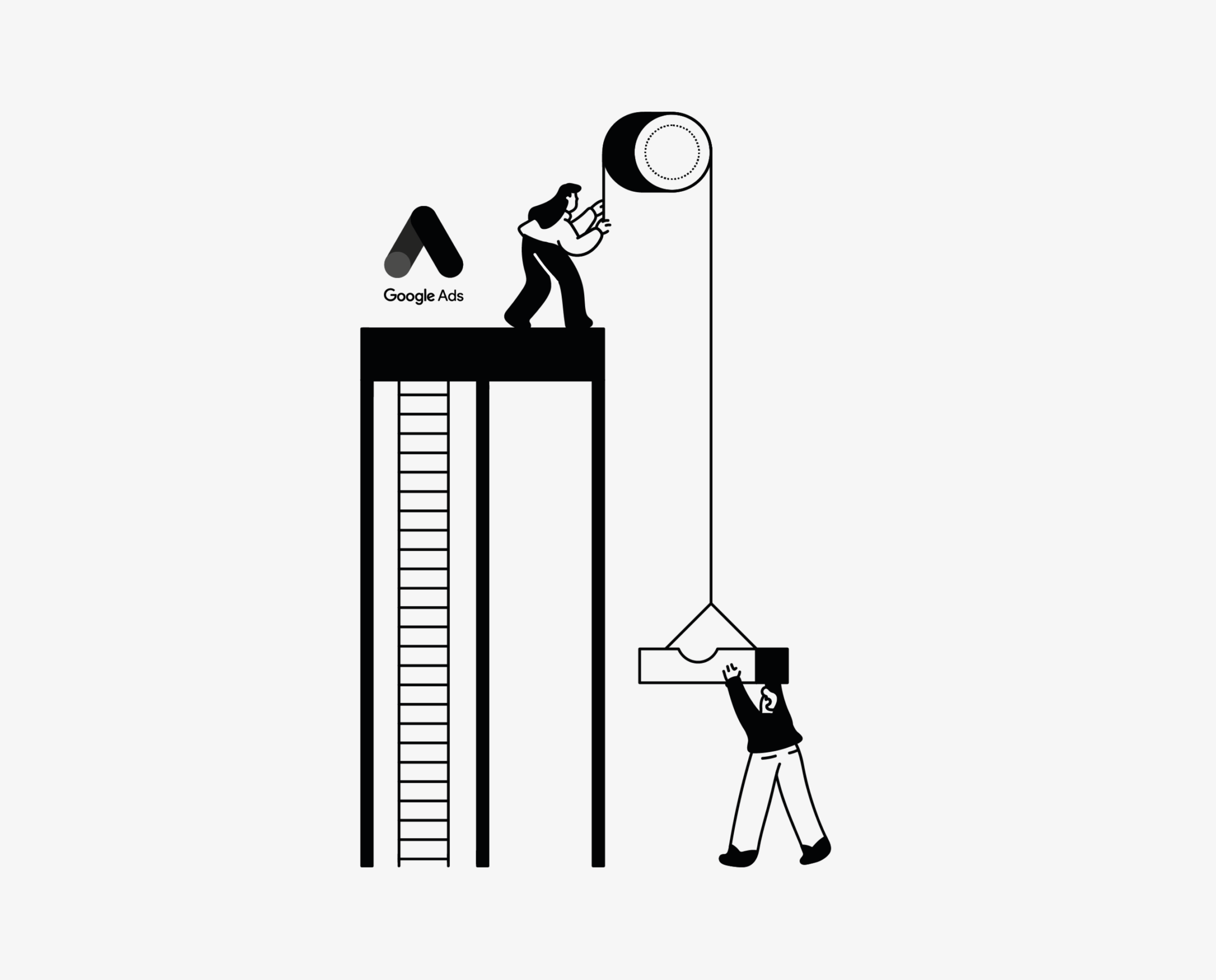Facebook Ads: Attribution criteria in online advertising
Are you looking to improve the performance of your advertising campaigns? If so, understanding platform-specific attribution models can be the key to success. These models determine how your campaigns are measured, so it is important to have a solid understanding of them to ensure accurate performance analysis.
Using attribution criteria can help you get the most out of your advertising campaigns and increase your return on investment. By strategically incorporating these criteria into your marketing strategy, you can enhance the precision of your analyses, fine-tune your audience targeting, and boost the effectiveness of your ads.
As Facebook puts it, attribution criteria are a set of measurements and analyses that help you understand which of your marketing campaigns or efforts led to a conversion.
Indeed, attribution parameters is a specific period in which conversions can be attributed to your ads and used for campaign optimization.
What is marketing attribution?
To better understand the conversions made on your Facebook Ads campaigns, you first need to know what marketing attribution is all about.
In simple terms, it is the process of identifying and evaluating the different marketing channels that contribute the most to a conversion or action carried out by your target audience. By analyzing the customer journey, attribution criteria help in optimizing marketing investments by giving credit to each contact in a judicious manner. This provides a clear and strategic vision for improving overall campaign performance. The ultimate aim of attribution is to determine the channels that are responsible for a conversion or action carried out by your target audience.
It is possible to achieve a conversion through various marketing actions carried out across multiple channels. Let us take example of a conversion based on a purchase of one of your products on your website. In this case, it is highly likely that the user has interacted with other marketing tools that are specific to your approach, such as a campaign on your social media platform or browsing through one of your newsletters – the options are numerous. This can make it challenging for an advertising to determine which channel is responsible for the desired conversion.
Firstly, it is important for you understand the various attribution models, whether they are traditional or digital:
There are different ways to determine how attribution criteria for a sale or conversion is assigned to various touchpoints in a customer’s journey. These methods range from single touchpoint models, which give all the credit to a single view or click, to multi-touchpoint models that consider all the touchpoints involved in the journey and assign varying degrees of importance to each. Some models even operate on a value-sharing basis.
Attribution principles on Meta
It is essential to understand the concept of attribution to be able to maximize the efficiency of your marketing campaigns.
Moreover, each model must be carefully analyzed in order to give full credibility to the performance allocated to your ads. Within each ad set, you can choose a particular ad attribution model for your ads based on clicks, views or video asset views.
Various attribution parameters are available, particularly on Facebook. The key is knowing which one to choose for the most meaningful results. Not all attribution criteria will enable you to measure the value of your conversions accurately and realistically for your ads.
There are 4 attribution categories on Facebook:
- Rules-based models: These are predefined formulas that evaluate touchpoints leading to conversions, regardless of conversion type or user behavior.
- Single-touch models: 100% of the conversion credit is assigned to a single touchpoint.
- Multi-touch models: These are assigned to multiple touchpoints to the consumer’s conversion funnel to see the influence of each channel on a sale.
- Data-driven models: These are models that use machine learning algorithms to analyze past data and identify the touchpoints most likely to lead to conversions.
You have multiple attribution models at your disposal on Meta:
- 7 days click and 1 day view (default)
- 7 days click
- 1 day click
These durations refer to the time following the click or view of an ad. Indeed, if someone clicks on your ad, or views it and performs a conversion action within the specified duration, then the conversion will be attributed to your ad.
For example, if you choose the “7 days click” model, any activity generated by a user within 7 days of clicking on your ad will automatically be attributed to your ad.
Nonetheless, if a user clicks on an ad and then purchase 20 days later, the sale will not be credited to the ad since it is outside the attribution model’s predefined time period.
You can also opt for the “1 day viewed” parameter, which attributes a sale to an ad viewed within 24 hours, regardless of whether the user clicked on it or not.
It is crucial for marketers to understand attribution criteria. Attribution models provide a strategic approach to analyzing and evaluating the effectiveness of various advertising campaigns, based on realistic data. By choosing these models wisely, professionals can make more informed decisions about their investments and optimize their profitability.
Questions to ask yourself?
- What attribution criteria do you generally use to evaluate the performance of your Facebook Ads campaigns?
- How do you determine the success of an ad in terms of attribution on Facebook?
- How has understanding attribution criteria influenced your overall advertising strategy on Facebook?
Stay on top of the latest digital marketing trends.
Subscribe to our newsletter and receive the latest news, once a month, directly in your inbox.
*By entering your email address, you agree to the Billy.Social Terms of Use and Privacy Policy.
Bibliography
(n.d.). The Best Facebook Attribution Models for 2024. Accessed 15 December 2023. Hevo. Online.
(n.d.). About the attribution setting. Accessed 15 December 2023. Facebook. Online.
(n.d.). Attribution : comprendre ses enjeux pour faire le bon choix. Accessed 15 December 2023. Google. Online.
(n.d.). What is Marketing Attribution? A Complete Guide. Accessed 15 December 2023. Marketing Evolution. Online.
Davignon. C. (2023, 23 August). Article Attribution Publicité Facebook: Tout ce qui’il faut savoir. Accessed 15 December 2023. Antilope. Online.
(n.d.). About campaign attribution methods. Accessed 15 December 2023. Facebook. Online.











